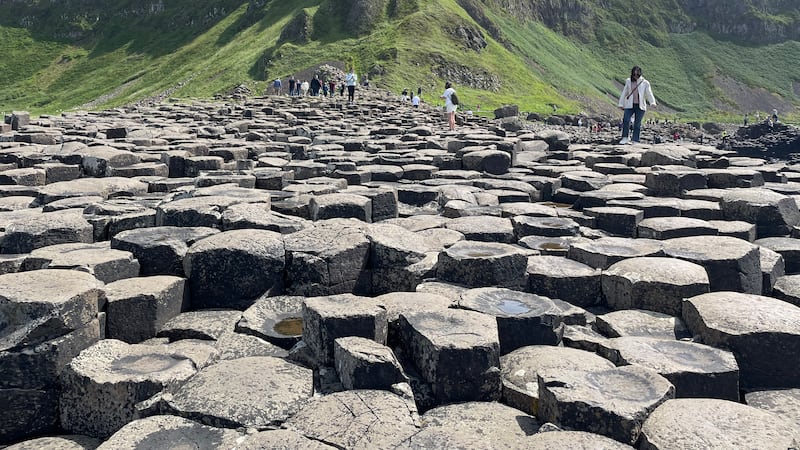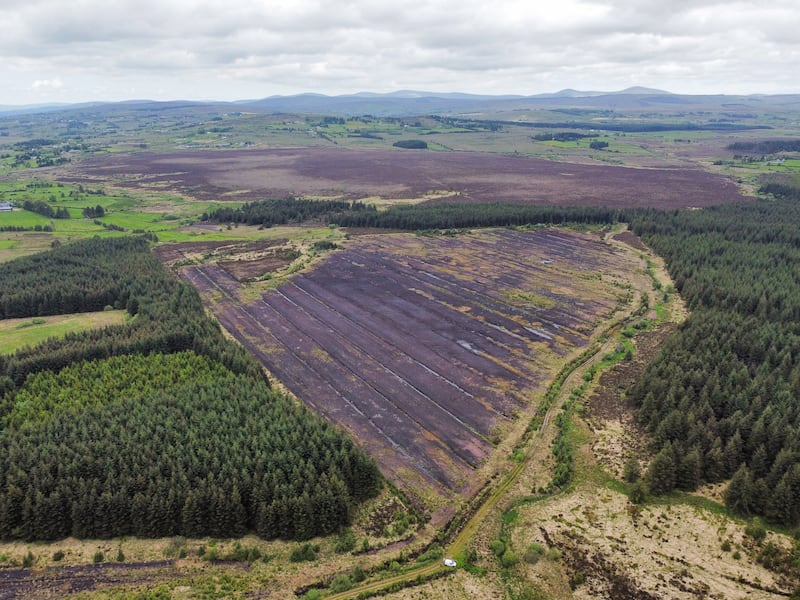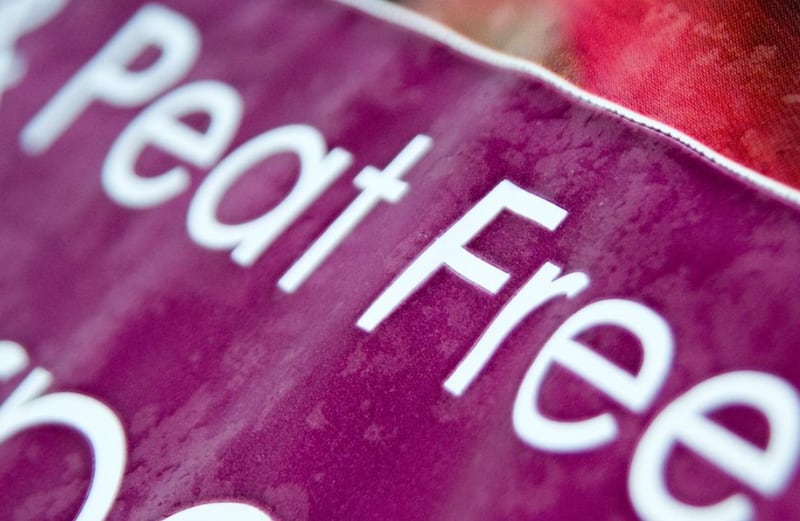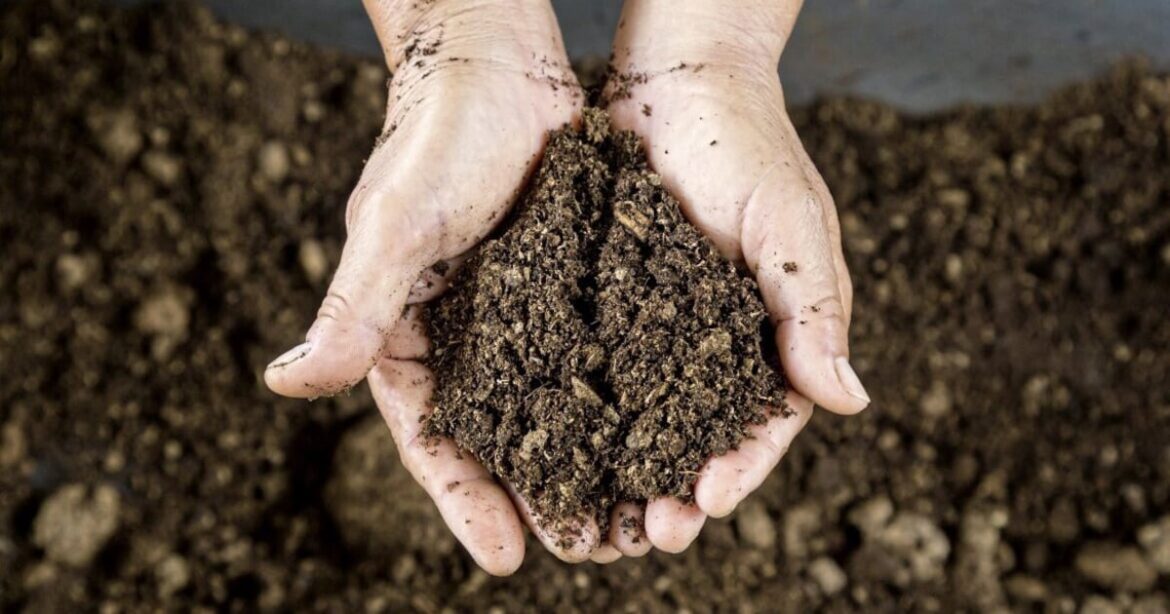We tend to regard gardening as a benign pursuit. It’s an innocuous pastime that only brings positives, both in the friendships we develop through a mutual appreciation of gardening and that sense of wellbeing that comes with cultivating plants and creating your own outdoor space.
But it’s said that with every positive, there’s a negative.
Extractivism is the term given to the removal of natural resources, particularly for export.
Relative to its nearest neighbour, Ireland historically had few natural resources – its human resources notwithstanding.


However, the island has lots of bogland, and while not as lucrative a resource as coal or oil, peat is worth extracting for financial gain.
Like the sand dredged from Lough Neagh, much of it is exported eastwards – selling Ireland by the pound, literally, to a country where this sort of unregulated extractivism wouldn’t be allowed.
Incredibly, this situation isn’t met with widespread outrage, just a typical shrug of the shoulders, coupled with some buck-passing that puts the blame on post-colonialism.
In the south, the Environmental Protection Agency (EPA) recently concluded that the large-scale, illegal commercial extraction of peat is widespread.
The EPA’s first-ever report into the sector found it doesn’t operate within planning or environmental laws.
The agency visited no fewer than 38 sites across seven counties – Offaly, Kildare, Tipperary, Westmeath, Roscommon, Longford and Sligo – where large-scale commercial, yet unauthorised, peat extraction is taking place.
 Swathes of Ireland like Haughey’s Bog in Co Tyrone have been destroyed by peat extraction. PICTURE: ULSTER WILDLIFE/PA
Swathes of Ireland like Haughey’s Bog in Co Tyrone have been destroyed by peat extraction. PICTURE: ULSTER WILDLIFE/PA
According to the EPA, around 300,000 tonnes of peat is being extracted every year from these sites and nearly all of it exported, generating around €40 million a year for those involved.
There’s nothing to suggest the situation in the north is any better.
It’s a cliché, but if you’re not part of the solution, you’re part of the problem. This means that if you’re continuing to use peat then you’re contributing to the depletion of our peatlands, which are important in mitigating the impact of climate change, both in terms of minimising flood risk and for carbon sequestration.
If you’re continuing to use peat then you’re contributing to the depletion of our peatlands, which are important in mitigating the impact of climate change
We should not only buy solely peat-free compost from garden centres, but also tell those we buy our plants from that we want products grown in a sustainable medium.
Becoming entirely self-sufficient in compost is not impossible but demands both space and dedication.
I compost all kitchen and garden waste, and make my own leaf mould every year, yet there’s always a need to rely on at least a couple of bags of commercial, peat-free compost.
 The RHS is urging gardeners to go peat free
The RHS is urging gardeners to go peat free
Gardening peat-free is something we’ll all have to get used to sooner or later, whether we’re environmentally minded or not.
Laws banning the use of peat on either side of the border are some way off. A draft Peatland Strategy for the north included a recommendation to phase out the use, import and sale of peat compost in 2025, but this was removed from the strategy post-consultation due to apparent concerns around lack of alternatives for commercial users.
The sale of peat-based compost is being phased out in England, with legislation leading to a ban on selling horticultural peat by the end of the year still making its way through parliament in the face of opposition and scaremongering from vested interests. Scotland and Wales are expected to follow suit.
With seemingly little appetite to curb authorised and unauthorised peat harvesting across Ireland, salvation is more likely to arrive inadvertently through the closure of the extractavists’ main market.

